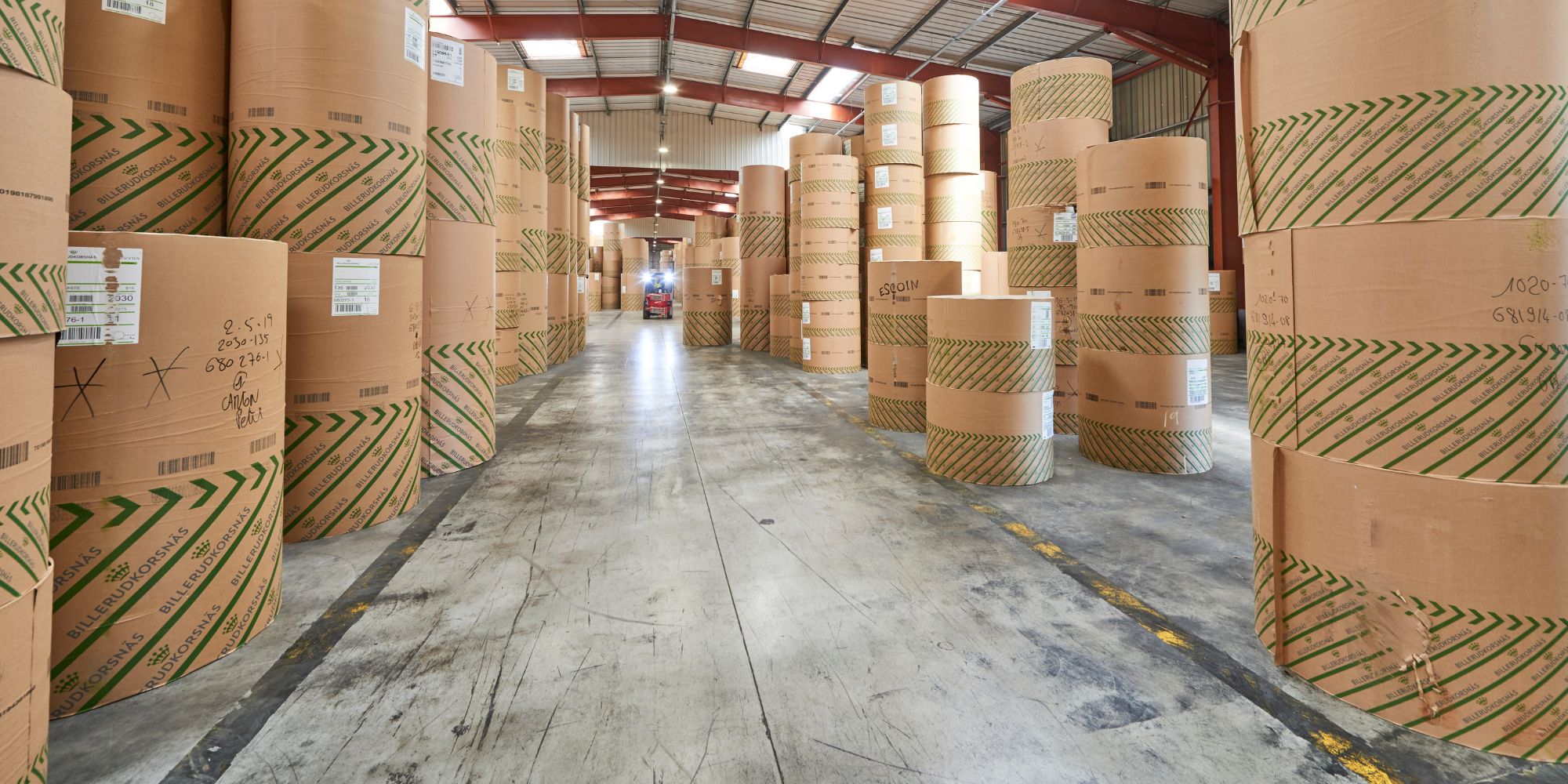The logistics network is a set of processes, resources, infrastructures and people involved in the planning, execution and control of the flow of products, information and services from the point of origin to the final destination. It aims to ensure that goods reach consumers on time, optimising the use of resources and reducing costs. In a globalised business environment, efficient logistics networks are crucial to the success of any organisation.
Components of the logistics network
A logistics network consists of several interconnected elements that ensure the efficiency and effectiveness of material and product flows, by operating in a coordinated way.
Some of the key components include:
- Suppliers: They are the base of the network, in charge of supplying the raw materials or products to be processed or traded.
- Manufacturing: The production process, in which raw materials are turned into finished products.
- Storage: Distribution centres or warehouses are critical points where products are temporarily stored before being distributed.
- Transport: This is the means by which products move along the chain. It may include land, air, sea and rail transport.
- Distribution: The final delivery of products to consumers, which may be through retail outlets or directly to households in the case of e-commerce.
- Customers: The final point of the logistics network, in which on-time delivery is guaranteed to meet the needs of consumers.

The importance of the logistics network
The logistics network plays a crucial role in global business and economic success. Some reasons why it is becoming increasingly important are:
Cost optimisation
An efficient logistics network reduces the costs associated with transport, storage and inventory management. Route optimisation, load consolidation and proper inventory planning enable companies to operate with lower costs, which in turn enables them to offer competitive prices to consumers. This efficiency not only benefits businesses, but also end consumers, who can access products at better prices.
Improving customer service
A company's ability to deliver products on time directly influences customer satisfaction. A well-designed logistics network minimises delays and ensures that products are delivered in accordance with consumer expectations. In an environment in which immediacy and customisation are valued, an efficient logistics network becomes a competitive advantage.
Flexibility and adaptation to change
Modern logistics networks must be flexible and adapt quickly to market changes. Factors such as fluctuations in demand, disruptions in global supply chains or changes in trade regulations may affect product availability. An agile and well-designed logistics network enables companies to react efficiently to these fluctuations, minimising the impact on their operations and their customers.
Globalisation and market expansion
Globalisation has made supply chains more complex, spanning several regions and countries. Companies operating internationally depend on robust logistics networks to ensure that their products reach different markets. An efficient logistics network enables companies to expand globally, seizing opportunities in new markets and maintaining a competitive presence worldwide.
Sustainability and environmental responsibility
Increasingly, companies are looking to reduce their environmental impact by optimising their logistics networks. Through strategies, such as reducing carbon emissions, use of sustainable modes of transport and reducing waste, companies can improve their environmental footprint. Sustainability has become a key factor not only in reducing costs, but also in enhancing the reputation of companies in the eyes of an increasingly environmentally friendly public.

The logistics network is a complex and dynamic system that plays a key role in the global economy and in business competitiveness. Its importance lies in its ability to optimise resources, reduce costs, improve customer service and adapt to a changing environment. As companies face challenges, such as globalisation, digital transformation and the demand for sustainability, the logistics network becomes a strategic pillar for their success.
An efficient logistics network not only ensures the delivery of products, but also strengthens the competitive position of companies, improves the customer experience and contributes to the sustainability of the planet.
